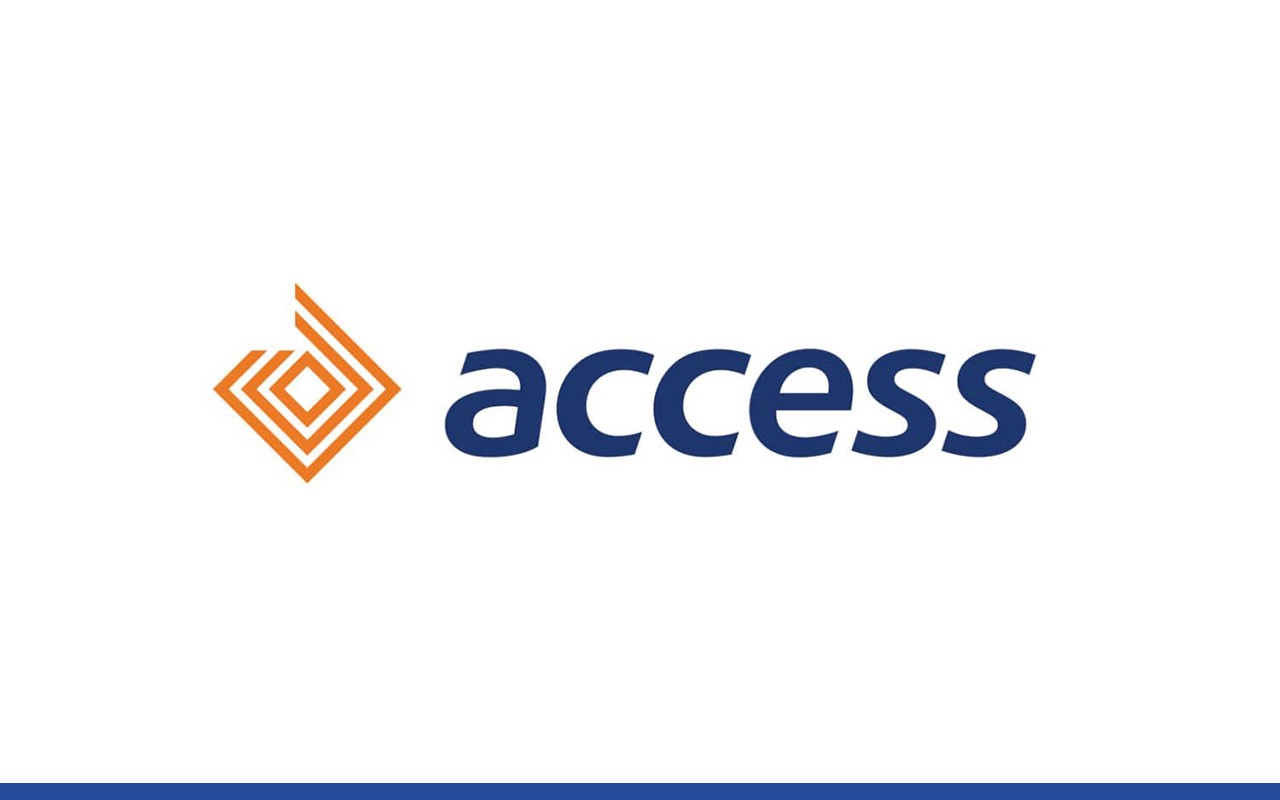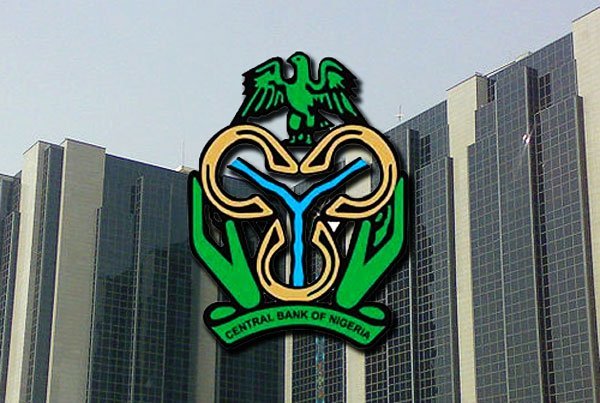10 months after saying Lagos contributes half of Nigeria’s VAT, nothing to show—BHIU
It would be recalled that the Minister of Finance, Mrs. Kemi Adeosun, had on first August, 2017, revealed that more than half of Nigeria’s value added tax (VAT), comes from Lagos State alone. However, checks by Business Hilights Intelligence Unit (BHIU), an independent industry research arm of Media Hilights Integrated Company Limited, publishers on Business Hilights, have shown that there is nothing to show for that singular efforts made by the state in terms of derivation.
Besides, earlier this year, the Vice president, Prof Yemi Osinbajo had revealed that out of 994 corporate citizens in Nigeria that pay Company Tax up to N10m, “992 of the companies are in Lagos,” meaning that on company tax of N10m and above, federal government rakes in average of N9.92bn from the state yearly.
Kemi Adeosun Speaking at the parley between the Federal Government and Progressive Governors Forum, PGF, in Abuja on August 1, 2017, averred that 87 percent of Nigeria’s VAT was derived from four states and the Federal Capital Territory, FCT.
She noted also that only 13 percent of Nigeria’s VAT came from 32 other states in the federation. According to her, no country in the world with high tax compliance rate is poor, and no rich country has a low tax compliance rate.
Quoting current VAT collection data across Nigeria, the minister said “55% of Nigeria’s VAT was collected in Lagos State; FCT, 20%; Rivers, 6%; Kano, 5%; and Kaduna, 1%”.
“I’m hoping that one day, finance commissioners will stop needing to come to Abuja monthly to share FAAC, because IGR (internally generated revenue) will be sufficient.”
The minister had earlier complained about the country’s abysmal tax-to-GDP ratio, which she said was at six percent, describing it as one of the lowest in the world.
Speaking on the topic “The Funding Nigeria Needs,” the minister said states must do more to generate revenue from within and not solely depend on the federal government for allocation.
However, further findings show that efforts by the former Governor and current Minister of Power, Works and Housing, Mr. Babatunde Fashola to fight for special status for Lagos State from the federal government failed to yield results.
Industry analysts argue that for the fact VAT had become a strong source of revenue like crude oil to the federal government, similar considerations like 13 per cent derivation should go to states that at least contribute up to 30 per cent as a way of balancing returns and further encouragements to the states to grow their VATables.
BHIU gathered further that the idea of introducing VAT in Nigeria came from the study group set up by the Federal Government in 1991 to review the entire tax system. VAT was proposed and a committee was set up to carry out feasibility studies on its implementation. In January, 1993, the then government agreed to introduce VAT by the middle of the year. It was later shifted to 1st September, 1993 by which time the relevant legislation would have been made and proper ground work done. The actual implementation however, did not commence until January 1994 after the promulgation of the Value Added Tax Decree No. 102 of 1993.
According to the decree, a ‘VATable’ organization is an existing manufacturer, distributor, importer or supplier of goods and services. VAT as Replacement for Sales Tax. The rationale behind replacing Sales Tax with VAT was informed by a number of factors and considerations, notable among these are: The base of the Sales Tax in Nigeria as operated under Decree No. 7 of 1986 is narrow. It covers only nine categories of goods plus sales and services in registered hotels, motels and similar establishments. The narrow base of the tax negates the fundamental principle of consumption tax which by nature is expected to cut across all consumable goods and services. VAT base is broader and includes most professional services and banking transactions which are high profit-generating sectors. Only locally manufactured goods were targeted by the Sales Tax Decree of 1986, although this might not have been the intention of the law. VAT is neutral in this regard. Under VAT; a consideration part of the tax to be realized is from imported goods. This means that under the new VAT; locally manufactured goods will not be placed at a disadvantage relative to imports. Since VAT is based on the general consumption behaviour of the people, the expected high yield from it will boost the revenue collectible by governments with the minimum resistance from taxpayers. Definition VAT is a consumption tax payable on the goods and service consumed by any person, whether government agencies, business organizations or individuals. The target of VAT is consumption of goods and services and unless an item is specifically exempted by law, the consumer is liable to the tax. It can also be defined as a tax on spending/consumption levied at every stage of a transaction but eventually borne by the final consumer of such goods and services. It is levied at the rate of 5%.









